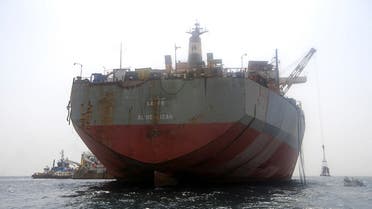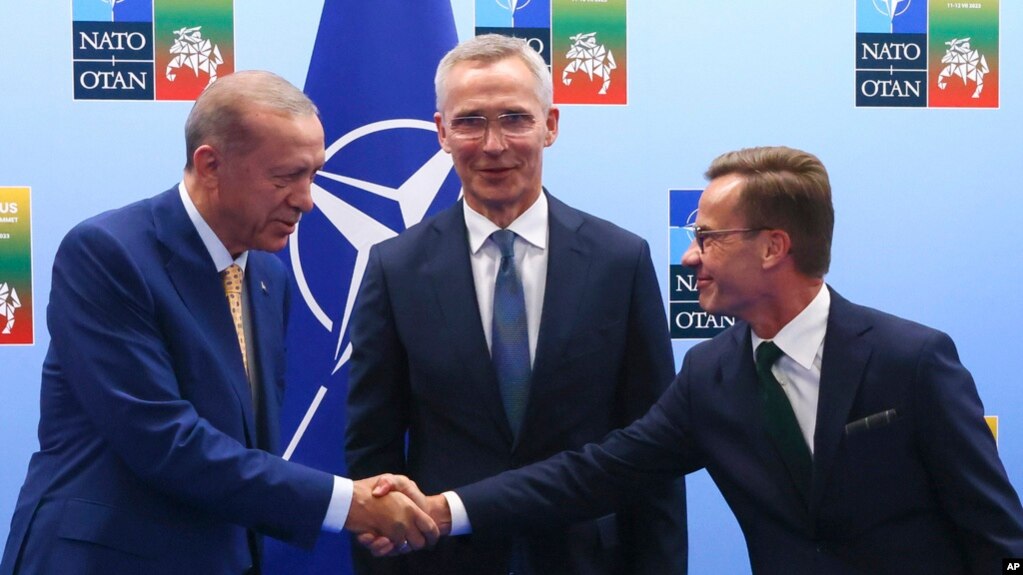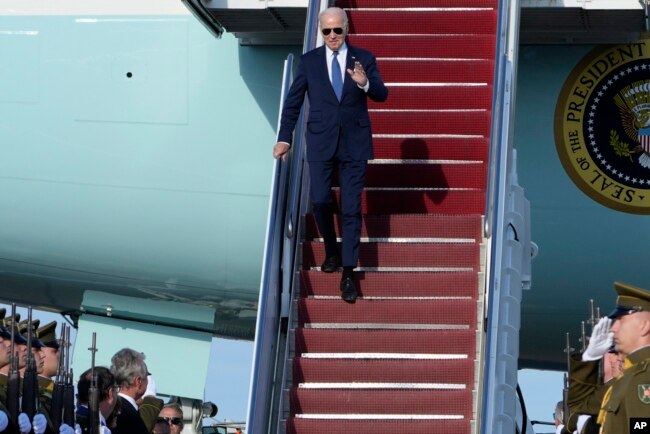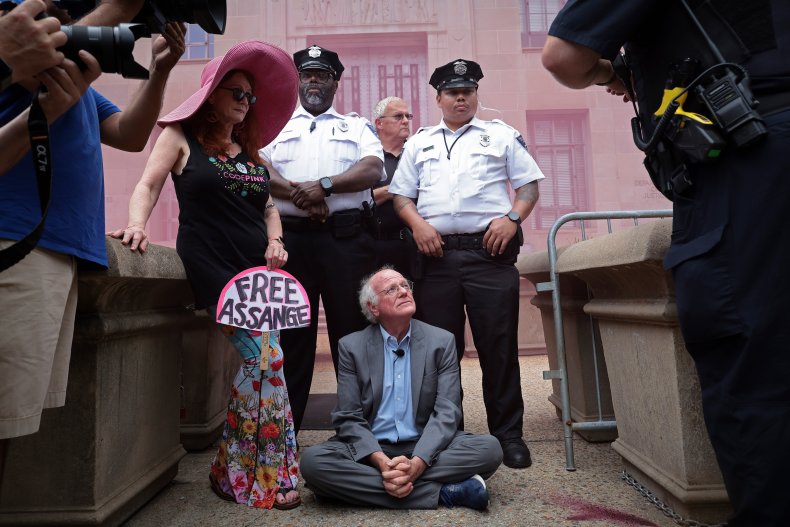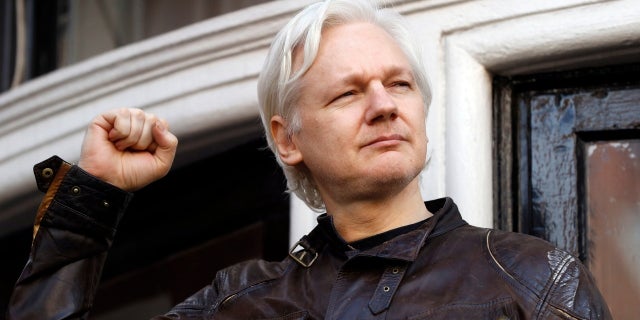CNN sued by former reporter Saima Mohsin for
unfair dismissal and racial discrimination
Saima Mohsin was a CNN reporter when she sustained a life-changing injury
on an assignment. She is now suing the channel for unfair dismissal and discrimination
Former CNN reporter Saima Mohsin is suing the news channel for unfair dismissal and racial discrimination after sustaining a severe injury while in Isreal for an assignment.
Saima Mohsin was reporting from Jerusalem on the Isreal-Palestine conflict when an accident left her disabled. Her cameraman ran over her foot, causing severe tissue damage. She struggled to sit, stand and walk, or return to work full-time.
The incident occurred in 2014. Afterwards, she requested alternative duties and support for rehabilitation but CNN refused. She also requested a transfer to a presenting role which would reduce the amount of time spent traveling. However, her request was dismissed as she was told “you don’t have the look we are looking for”. CNN terminated her contract three years later.
Mohsin’s employment tribunal claim is due to be heard on Monday in London since the network failed to support her after her grievous injury.
“I worked hard to become an international correspondent and loved my job with CNN. I risked my life many times on assignment for CNN believing they would have my back. They did not.”
Furthermore, the foreign correspondent has issued a complaint regarding racial and disability discrimination as well as the gender wage gap at CNN. She also claims that she was denied high-profile on-air opportunities even when she was ready to go live on the ground. Instead, the managers decided to put white American correspondents on air.
“I’m also taking the opportunity to highlight the racism and gender pay gap issues that I experienced. I was repeatedly let down and denied the ability to achieve my potential while I was at CNN. I am bringing my claim to take a stand and call for change to ensure women journalists, and women journalists of colour, are better protected”.
CNN has declined to comment on the allegations and is opposing the claim on territorial grounds. The broadcaster argues that, according to the terms of Mohsin’s contract, she does not have the right to bring a case in London.
The British-Pakistani journalist is now working with Sky News as a freelancer. She has made a program for ITV about the pain of living with invisible disabilities.
Mohsin’s legal representation comprises barristers Paras Gorasia and Jennifer Robinson of Doughty Street Chambers.
“This should cause concern for all foreign correspondents who travel around the world – and take risks to do their journalism in the belief their employer will take care of them,” said Mohsin as her claim has raised important questions about journalist safety and the treatment of women of colour in journalism.
Also Read | CNN anchor Don Lemon says he has been fired from network after 17 years
Meanwhile, CNN is facing a rough patch. The news network has recently made deep job cuts. is dealing with the fallout from a number of scandals, missteps and struggling ratings in its core US market.
Jeff Zucker, who was the president of CNN worldwide for nearly a decade, left last year over a relationship with a colleague. He was replaced by Chris Licht who lasted only a year before being sacked. Additionally, the news channel is in the middle of a corporate restructuring at parent company Warner Bros Discovery.



